- ---------------------------------------------------
About Me
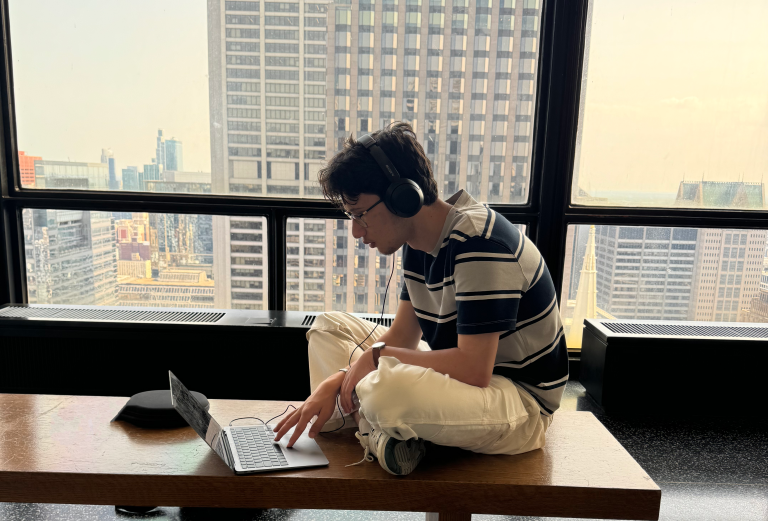
Ever since I can remember, I have been driven by a curiosity to explore diverse fields and continually challenge myself both academically and creatively. This journey began with ballet and continued to evolve as I embraced different disciplines over the years. Whether it’s performing salsa on stage in a Latin dance performance or crafting award-winning films, I have always enjoyed expressing myself through artistic mediums.
Beyond the creative arts, my passion for travel has profoundly shaped my worldview. Exploring countries across Europe, Asia, and North America has brought me immense joy as I immerse myself in diverse cultures, histories, and cuisines. Whether getting lost in the bustling streets of Tokyo or strolling through the quiet canals of Venice, each journey has broadened my perspective and enriched my understanding of the world. Traveling through the West and the East has made me appreciate how my country is a genuine embodiment of their fusion.
Alongside these interests, I have developed a intense fascination with biology. The complexity and beauty of life at the molecular basis captivate me, as I delve into the intricate systems that drive living organisms. The idea that small molecules can influence everything from cellular behavior to overall health inspires me to constantly learn more, and I am eager to contribute to innovative discoveries that can reshape our understanding of life.
- Education
Robert College of Istanbul

September 2020 – Present
Enrolled in the Turkish National Anatolian Diploma Program alongside an extensive AP course load.
Completed AP courses: Biology (5), Chemistry (5), Calculus BC (5), Environmental Science (4), Microeconomics (5)
Currently pursuing: AP Physics C: Mechanics, AP Statistics, and AP English Literature and Composition
Johns Hopkins University

Online Pre-college Program with Credit (July 2024)
Completed an extensive behavioral neuroscience program, exploring neuroplasticity andlanguage recovery post-stroke, neural receptor influence on animal behavior, and the impact of neurodegenerative diseases on emotions.
Passed with a score of A- for the course “Neuroscience and Human Behavior”.
Oxford Royale Academy

Summer School in Oxford, UK (August 2023)
Attended a concentrated and comprehensive two-week educational program with a primary emphasis on the fields of medical molecular biology and diseases, at the university level.
Wrote a research paper on the molecular chemistry of causes of Alzheimer’s disease and potential treatments of it.
Sabanci University
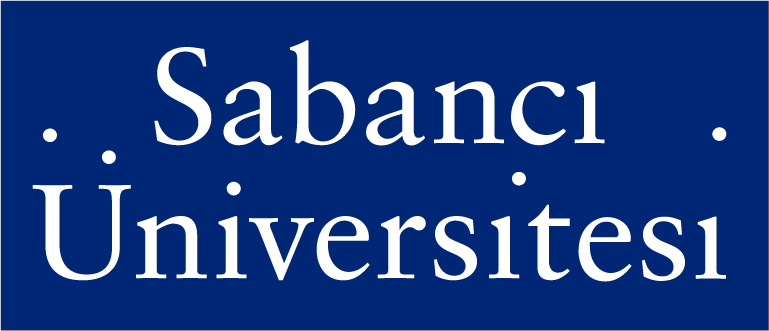
Summer School in Istanbul, Turkey (July 2022)
Successfully completed three courses:
- Molecular Biology, Genetic Engineering and Nanomedicine
- Quantum Physics
- Economy, Finance, Money and Your Future
Bogazici University
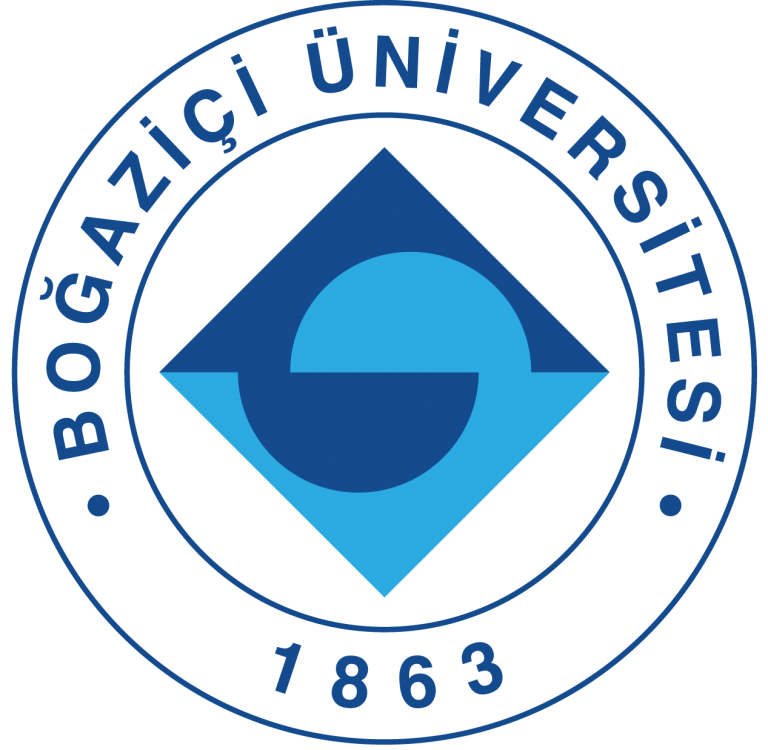
Online Course “BOUN101 – Biotechnology for Diagnosis and Therapy” (January 2020)
Learned about relevant genetic and molecular biological foundations and current examples of recombinant DNA and omics technologies.
- Working Experiences
Acibadem Maslak Hospital IVF Center
August 26, 2024 – September 6, 2024 (8 hours/day – 5 days/week)
During my internship, I primarily observed the complex processes involved in reproductive medicine and IVF treatments. I closely followed embryologists, nurses, and doctors, gaining insights into lab techniques such as sperm gradient centrifugation to select the best sperm samples, the fertilization of sperm and eggs in vitro, and the freezing and handling of embryos. This experience provided me with invaluable exposure to the scientific and clinical aspects of fertility treatment, deepening my understanding of reproductive medicine.
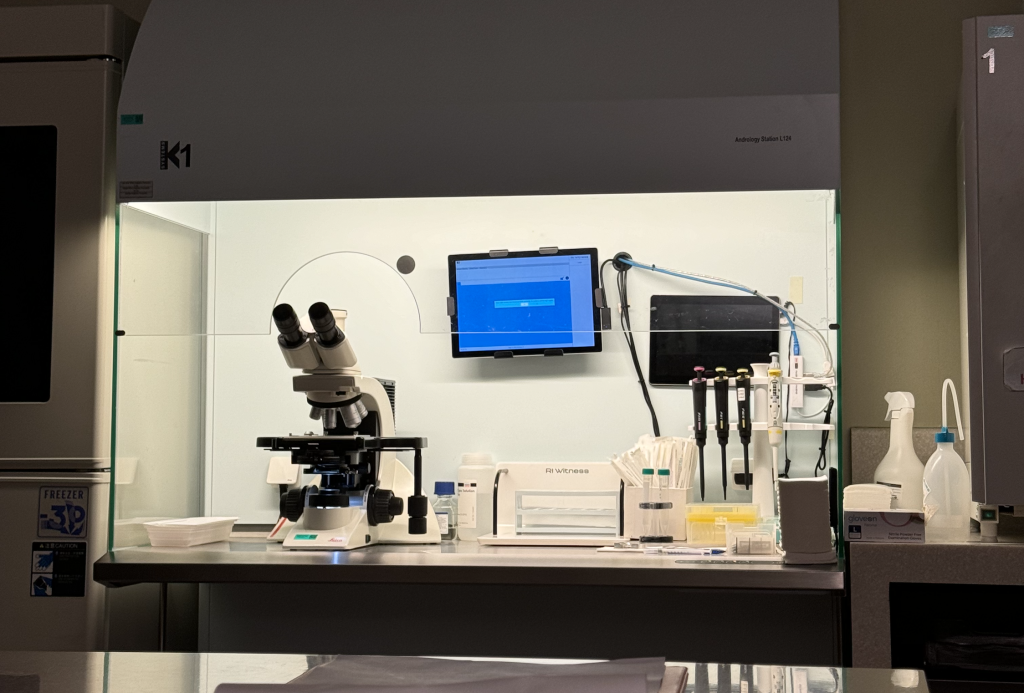
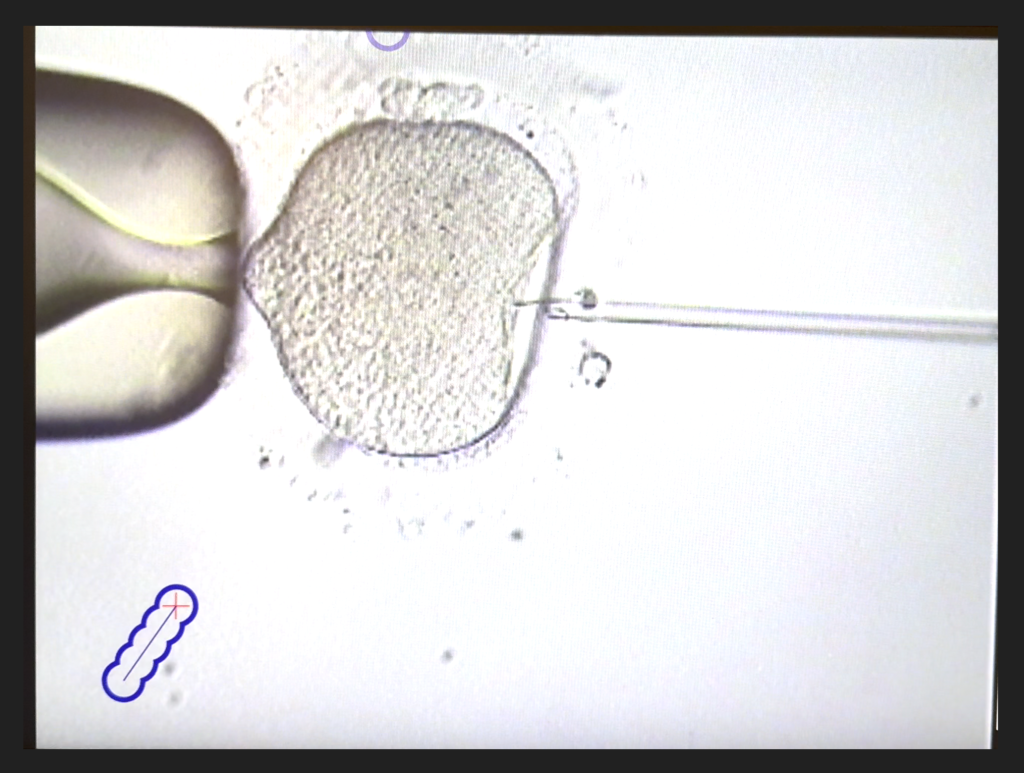

Era Radiology Imaging Center
July 29, 2024 – August 23, 2024 (8 hours/day – 5 days/week)
During my internship at Era Radiology Imaging Center, I observed a wide range of radiological procedures and gained valuable insights into imaging techniques such as MRI, CT scans, and digital radiography. I worked closely with radiologists and technicians, assisting with patient care and learning the importance of precise data management. This experience not only enhanced my technical knowledge but also deepened my understanding of patient interaction, teamwork, and the critical role that radiology plays in modern healthcare.
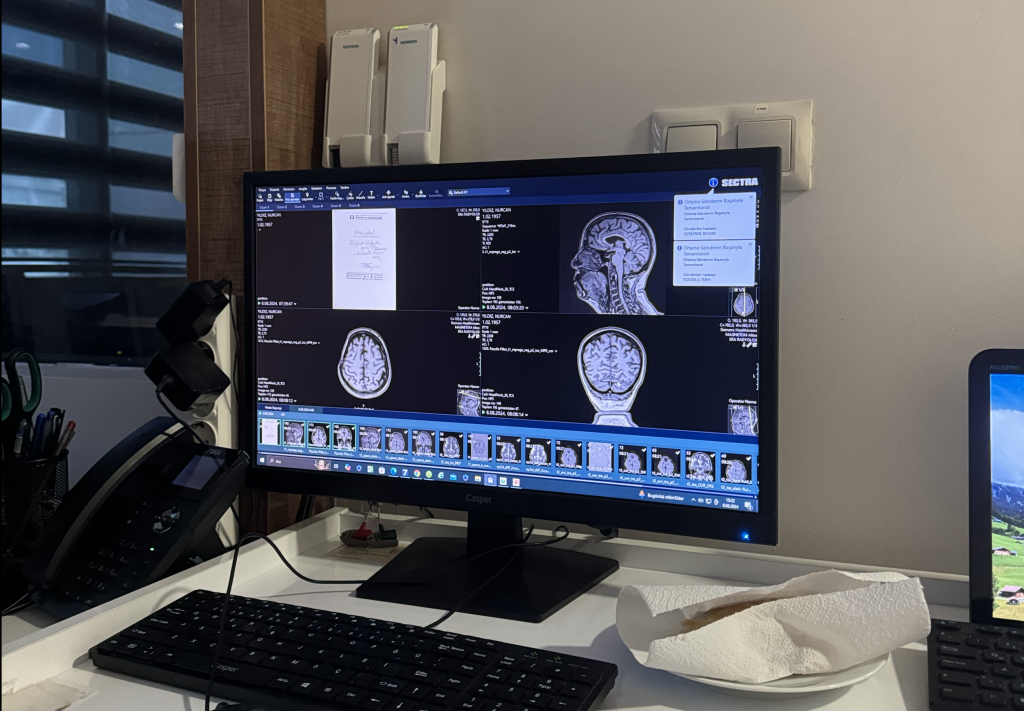
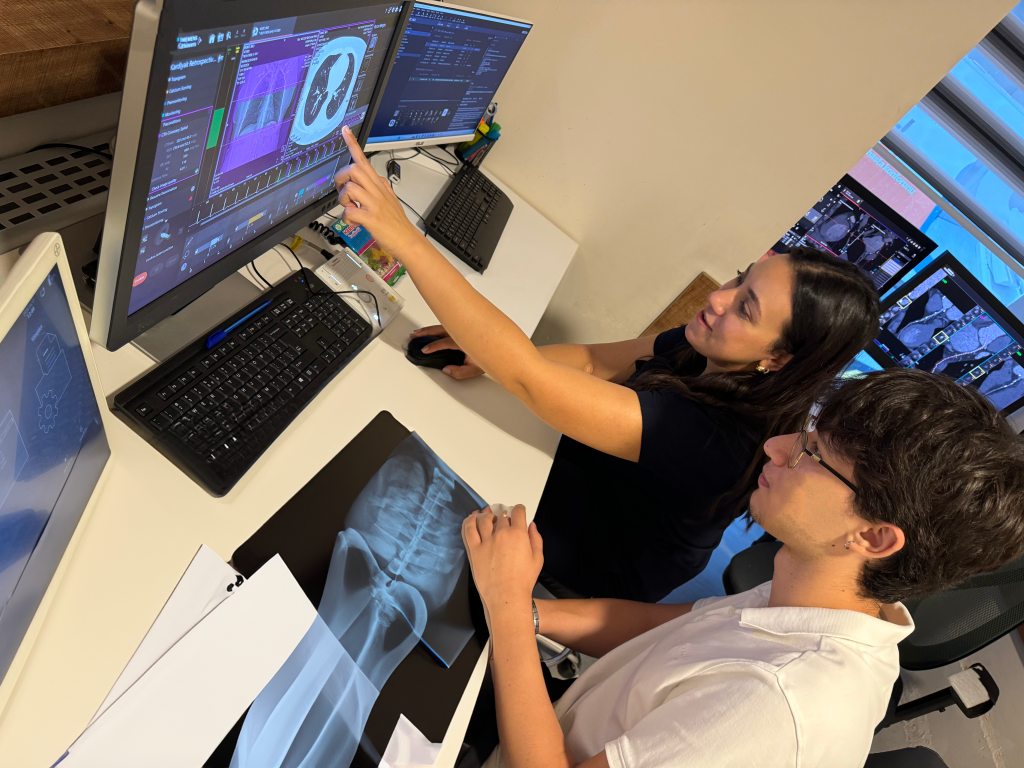
- Published Works
Epigram - Robert College's Social Sciences Journal
For the past two years, I have been an active contributor to Epigram, where I explore complex topics like the relationship between religion and morality. One of my essays delves into whether morality can exist independently of religion, examining how religious rules may sometimes conflict with individual moral judgment.
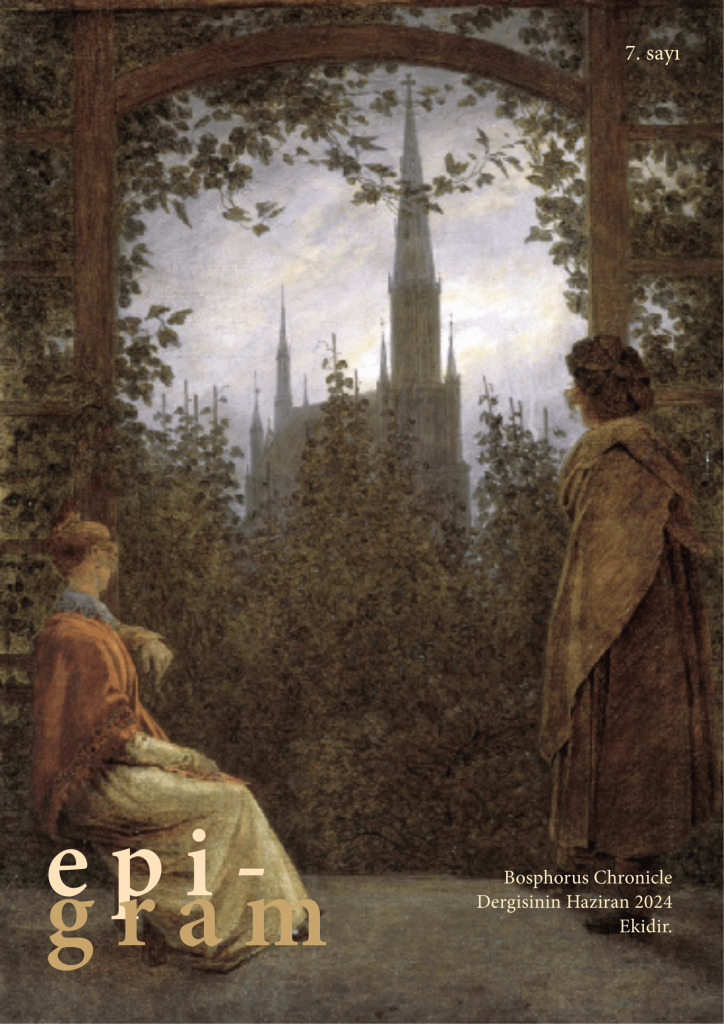

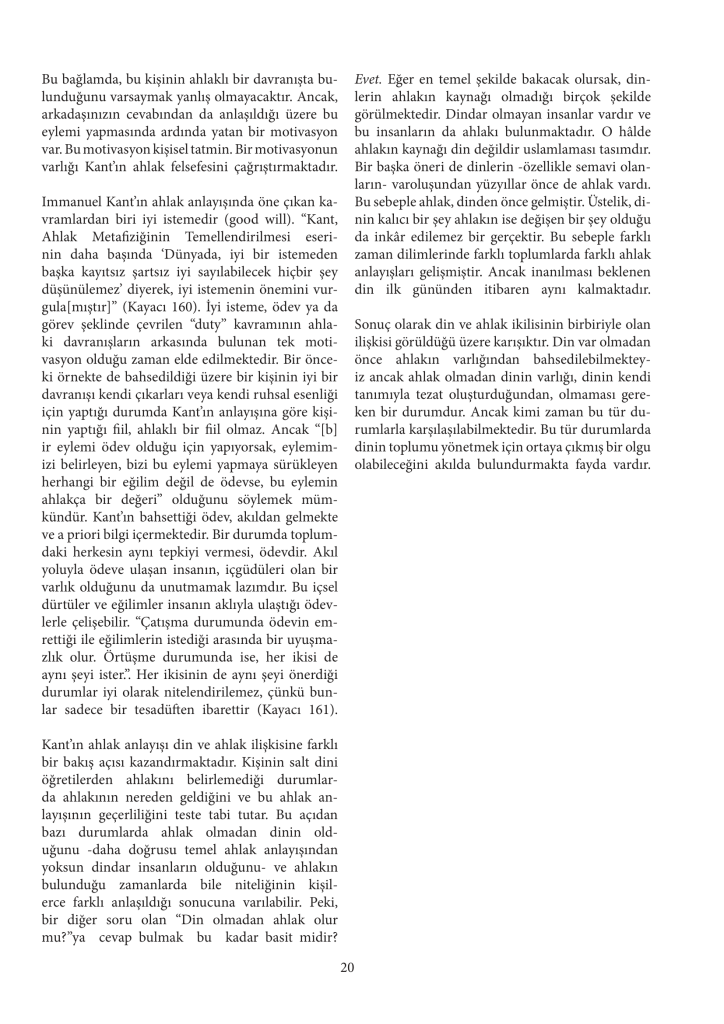
Translated Version
Can Morality Exist Without Religion? Can Religion Exist Without Morality?
Kemal Deniz Özben
The second of these two questions can be answered quite easily, or at least it should be. Nearly all religions aim to direct people towards morality. To achieve this, different religions establish different sets of rules. These rules exist to maintain a well-functioning society that constantly progresses; when followed, individuals are rewarded, and when not, they face punishment. However, the nature of the thought behind these rules and the act of following them, as well as the answer to the first of the two main questions, have puzzled many minds for centuries.
To provide a proper and meaningful answer to these questions, it is first necessary to understand the concept of morality. Morality is defined as “the set of beliefs, values, and norms that guide the actions of a society during a specific historical period.” Ethics and morality should not be confused in this context. Ethics, unlike morality, encompasses universal values that do not vary from society to society and are therefore not relative (Özlem). Replacing “morality” with “ethics” in the core question might seem reasonable at first glance, but considering that religions arise according to the characteristics of societies, it makes more sense in this essay to focus on the religion-morality relationship.
It is fitting to say that religions act “as the most important social control mechanism of societies.” This is indeed the case because “in societies where religion is influential, it is impossible to think of socialization as being independent of religion” (Özdemir 44). Nevertheless, the rules established by religions to regulate human behavior and ensure social peace can, in fact, completely eliminate morality. This may seem like an absurd thought at first, but when we think more deeply about these rules and the people who follow them, the question arises: do these individuals follow these rules because their religion, which they believe in, commands them and promises a reward, or do they genuinely filter these rules through their own moral lens and decide that the suggestions of these rules are correct? If a person has sufficiently scrutinized the rules in their mind and concluded that these rules—and by extension, the religion containing these rules—are correct and decides to follow them, then this poses no moral problem. However, if the person follows the rules solely for the reward promised by their belief system, it is undeniable that they would not adhere to these rules in the absence of such a system. In that case, calling this person moral would be inaccurate.
It would be easier to explain this with an example. You see a charity stand on the street that piques your interest. When you approach the stand with your friends, you see that everyone is donating part of the money from their pockets into the donation box. You donate as well. Later, you ask two different friends why they donated that day. One says, “My religion advises helping those in need.” You ask, “If your religion had not given such advice, would you still have done the same?” Your friend thinks for a moment. Without hearing their answer, you might think they are motivated by the idea of “doing good for a reward,” as previously mentioned. When you ask your other friend the same question, they respond, “Helping those in need makes me feel good.” From this answer, you cannot tell whether or not a religious view underpins this friend’s actions. They have thought about the effects of this behavior on themselves and those around them, independent of their religiosity, and concluded that it is a moral action, thus deciding to act accordingly. In this context, assuming that this person has behaved morally would not be wrong. However, as your friend’s answer suggests, there is an underlying motivation for this action: personal satisfaction. The presence of motivation recalls Immanuel Kant’s moral philosophy.
One of the prominent concepts in Kant’s moral understanding is the good will. “At the very beginning of Groundwork for the Metaphysics of Morals, Kant emphasizes the importance of the good will by saying, ‘Nothing in the world—indeed nothing even beyond the world—can possibly be conceived that could be called good without qualification except a good will'” (Kayacı 160). The good will is achieved when “duty” is the only motivation behind moral actions. In the previous example, if a person does a good deed for their own benefit or mental well-being, according to Kant’s understanding, the action is not a moral one. However, “[i]f we perform an action because it is our duty, and if what determines and drives us to perform the action is not any inclination but duty itself, then the action has moral value.” The duty Kant refers to comes from reason and contains a priori knowledge. In a given situation, if everyone in society responds in the same way, it is duty. It should also be remembered that humans are beings with instincts and inclinations. These internal drives and tendencies may conflict with the duties reached through reason. “In cases of conflict, there will be a mismatch between what duty commands and what inclinations desire. In cases of overlap, both want the same thing.” However, situations where both suggest the same thing cannot be considered good, as they are merely a coincidence (Kayacı 161).
Kant’s moral understanding offers a different perspective on the relationship between religion and morality. In cases where a person’s morality is not solely determined by religious teachings, it tests the origin of their morality and the validity of this moral understanding. In this respect, it can be concluded that, in some cases, religion can exist without morality—more precisely, there can be religious people lacking a fundamental sense of morality—and even when morality is present, its nature is perceived differently by different individuals. But is answering the other question, “Can there be morality without religion?” as simple?
Yes. If we look at it in the most basic way, it can be seen in many ways that religions are not the source of morality. There are non-religious people, and these people also have morality. Therefore, the reasoning that morality does not stem from religion is a syllogism. Another argument is that morality existed long before the advent of religions—especially the Abrahamic ones. Thus, morality preceded religion. Moreover, it is an undeniable fact that religion is a permanent entity while morality changes. For this reason, different moral understandings have developed in different time periods and different societies. However, the religion that one is expected to believe remains the same from its inception.
In conclusion, as can be seen, the relationship between religion and morality is complex. We can speak of the existence of morality before religion, but the existence of religion without morality is something that should not occur because it contradicts the very definition of religion. However, such situations can sometimes arise. In these cases, it is helpful to keep in mind that religion may have emerged as a phenomenon to govern society.
Travel & Photography
My trips to many parts of the world have given me the opportunity to capture the essence of diverse cultures and landscapes through photography. Below are some of my favorite moments and scenes from these travels, each reflecting the unique experiences I’ve encountered along the way.
Istanbul, Turkey
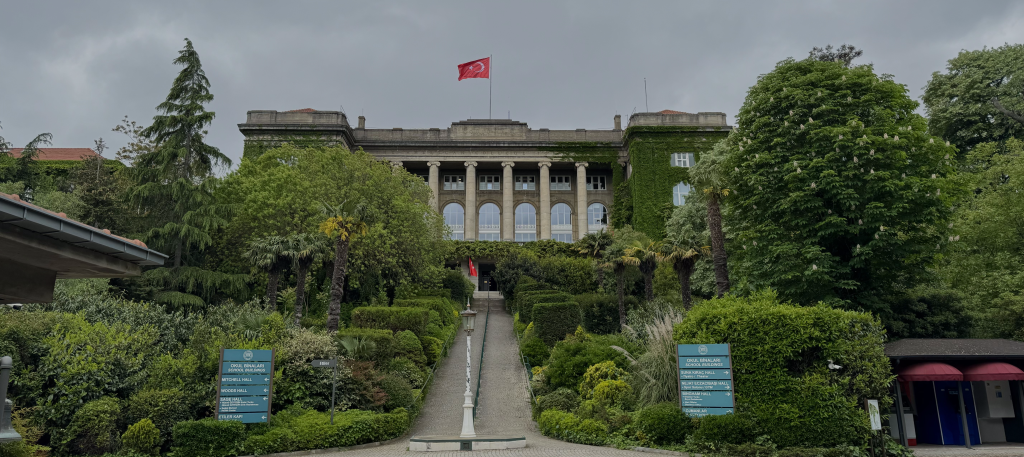

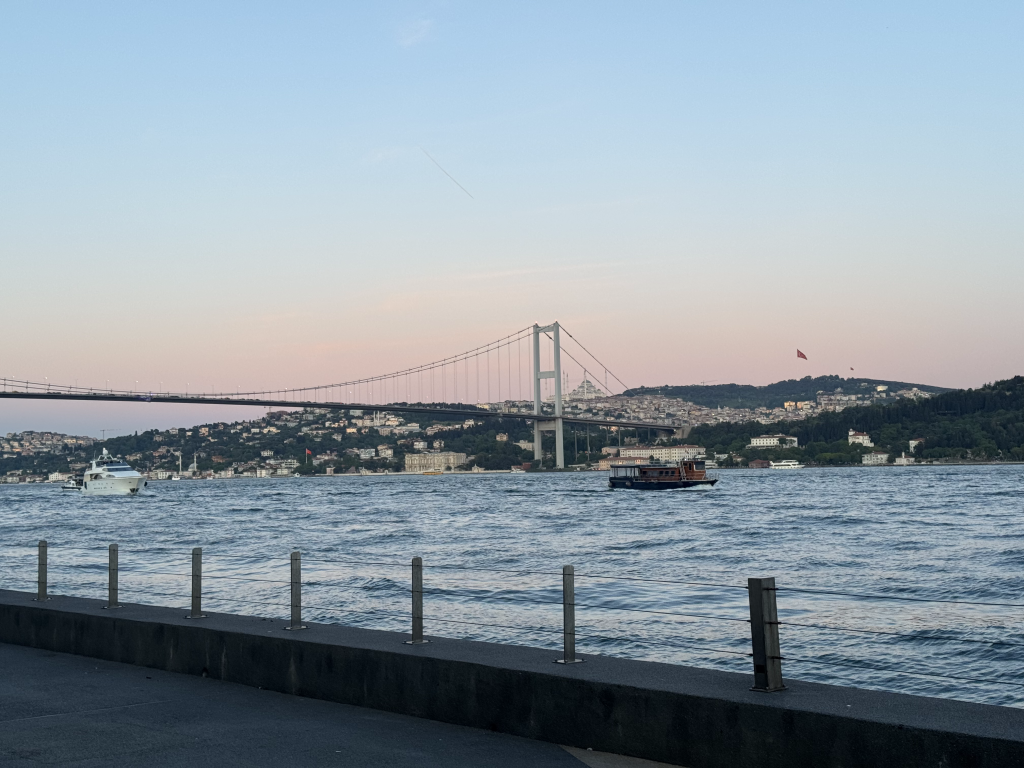
Tokyo, Japan
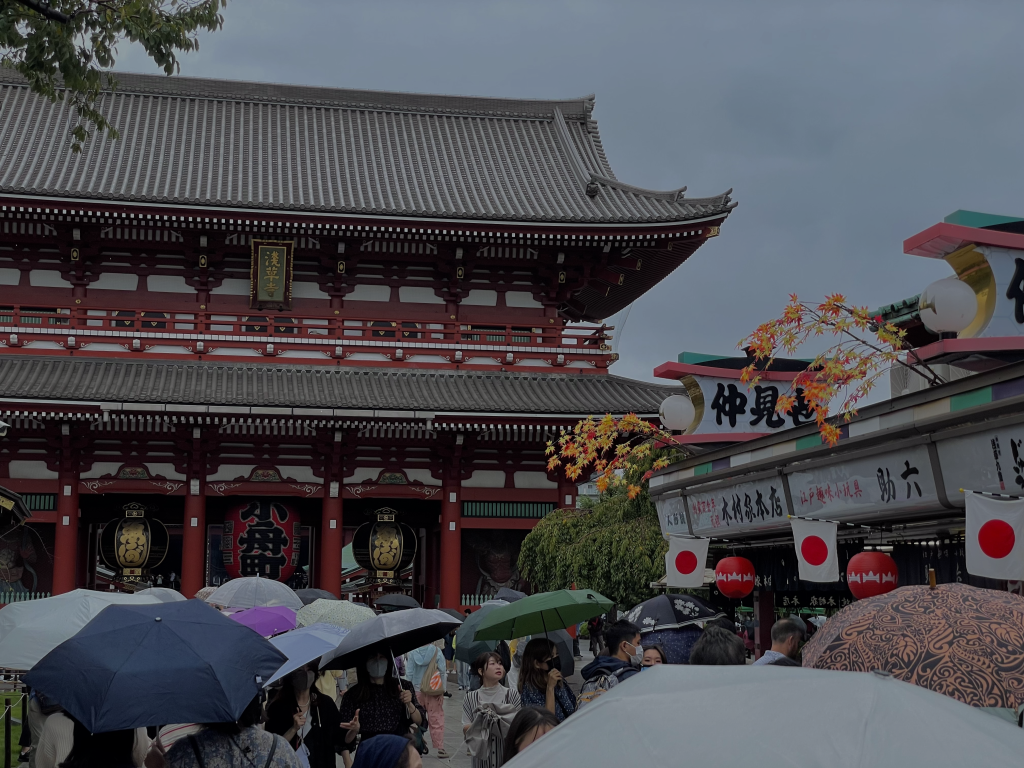
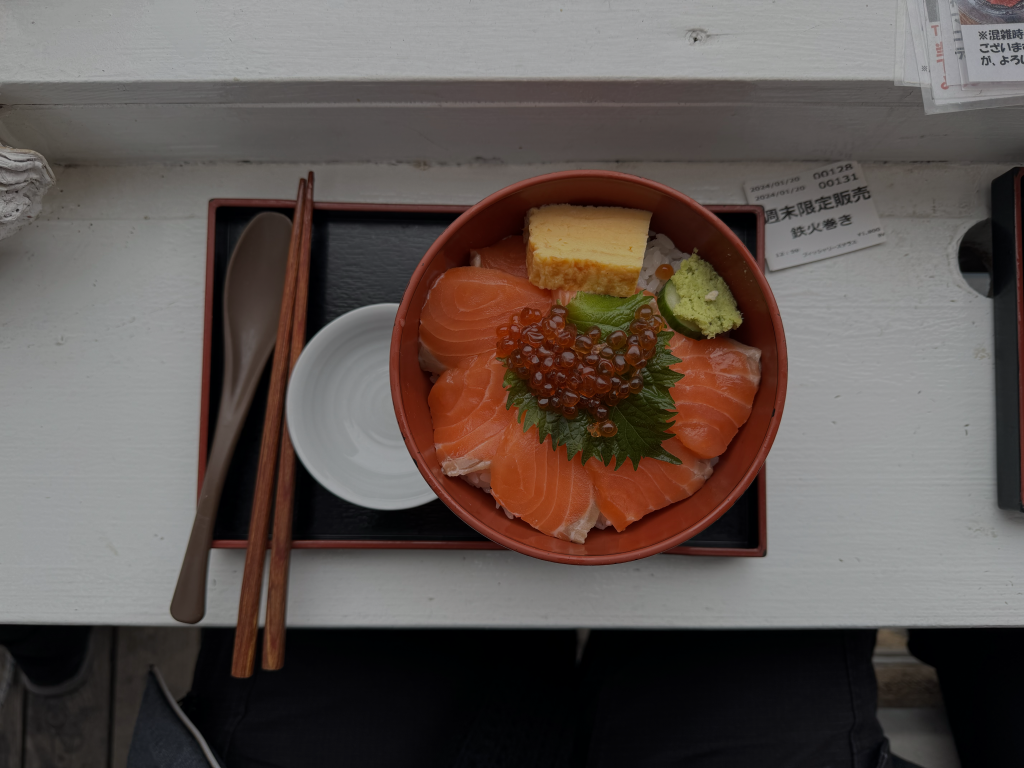
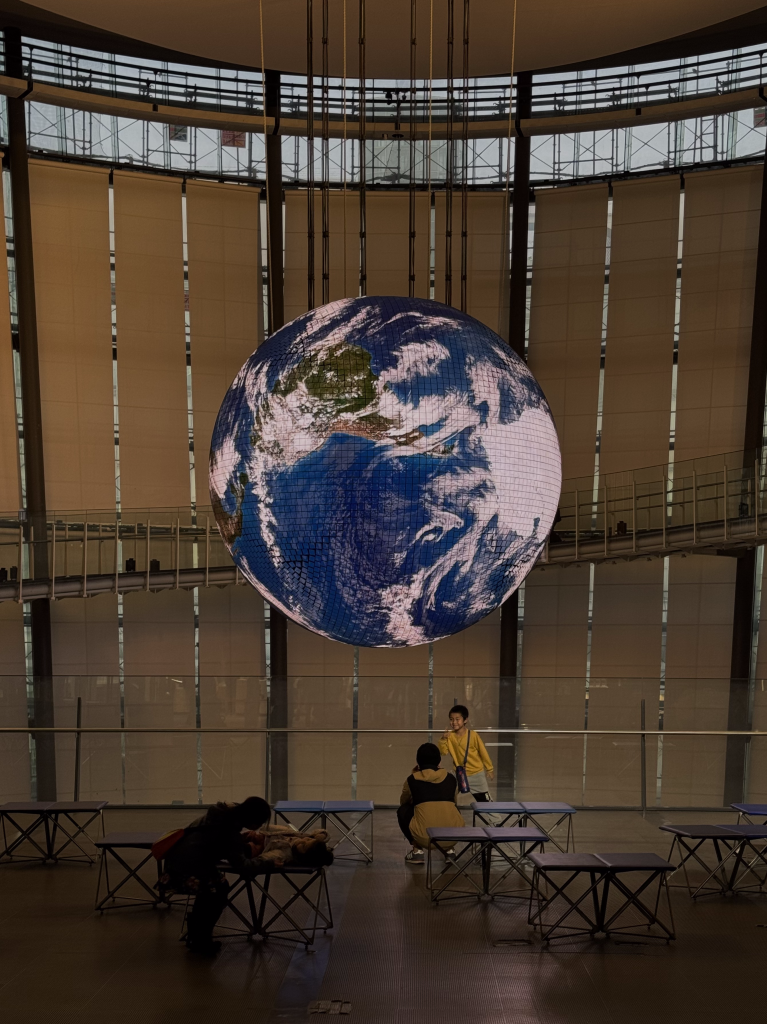
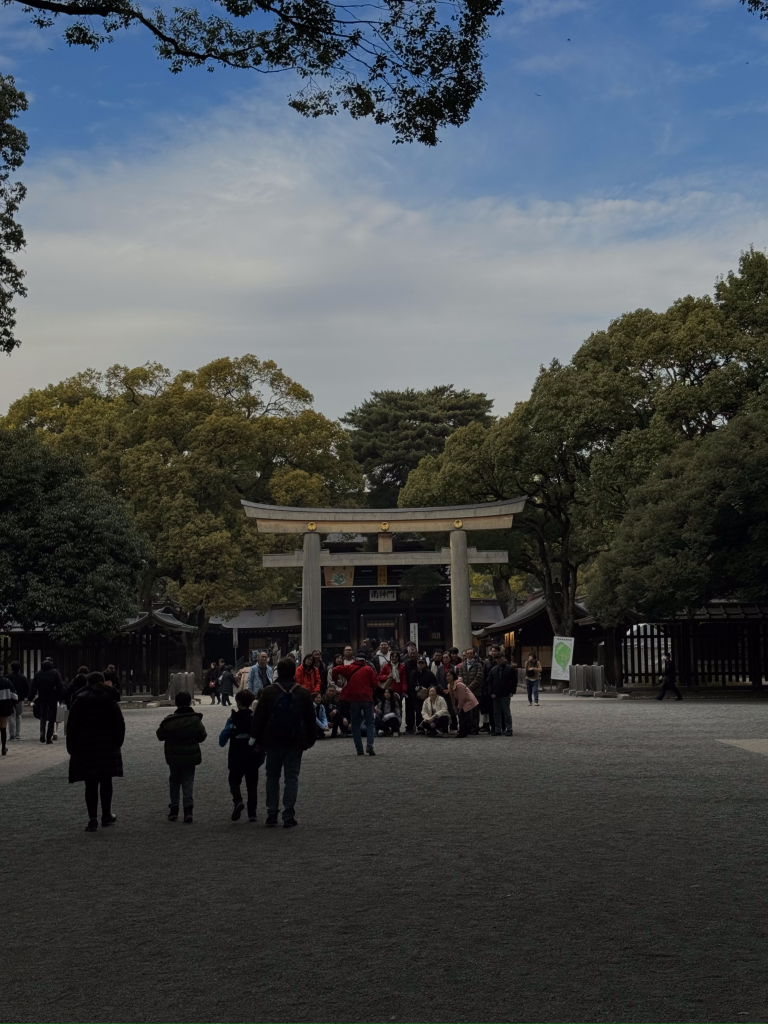

Chicago, IL, USA


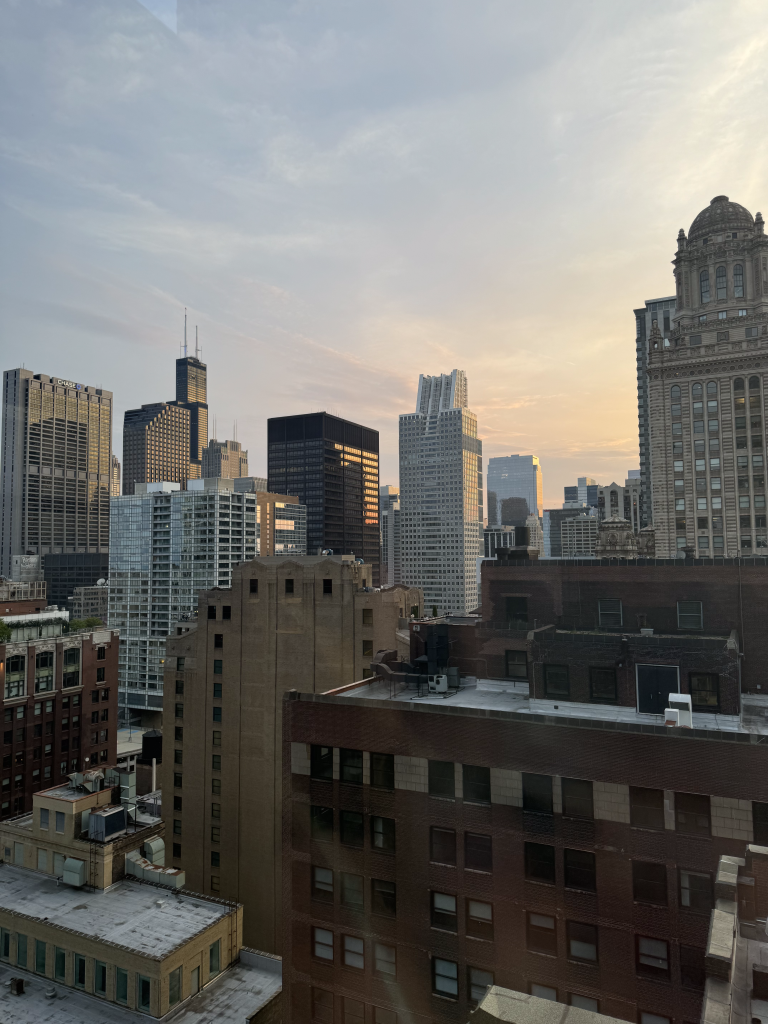
London, UK
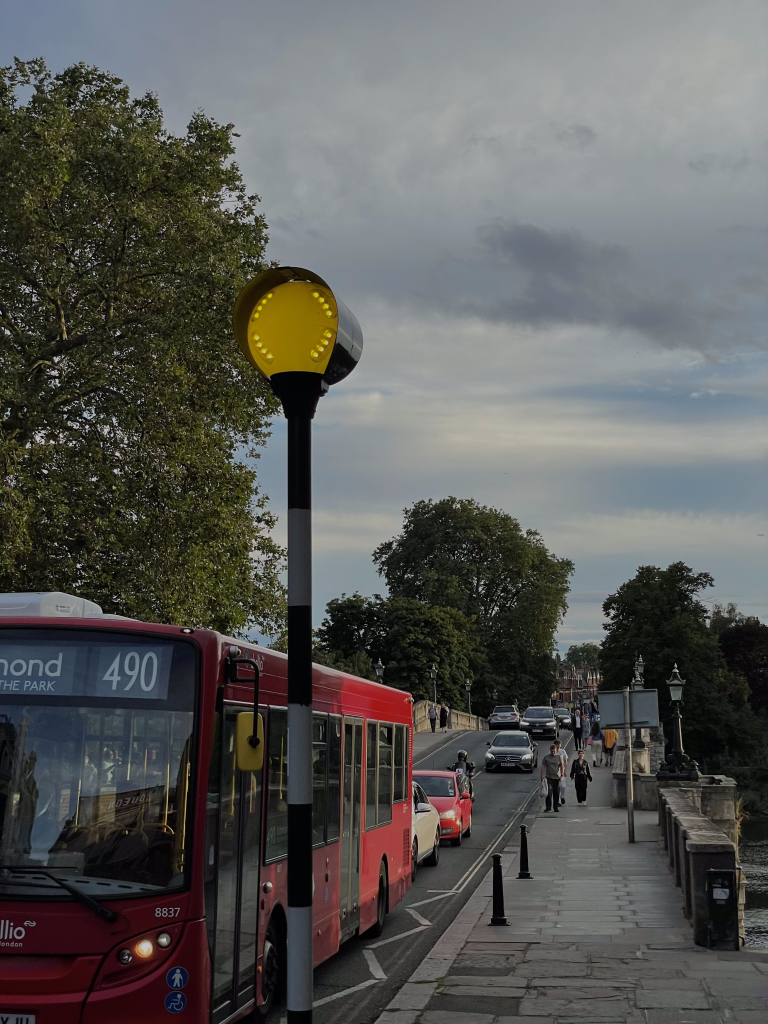


Oxford, UK
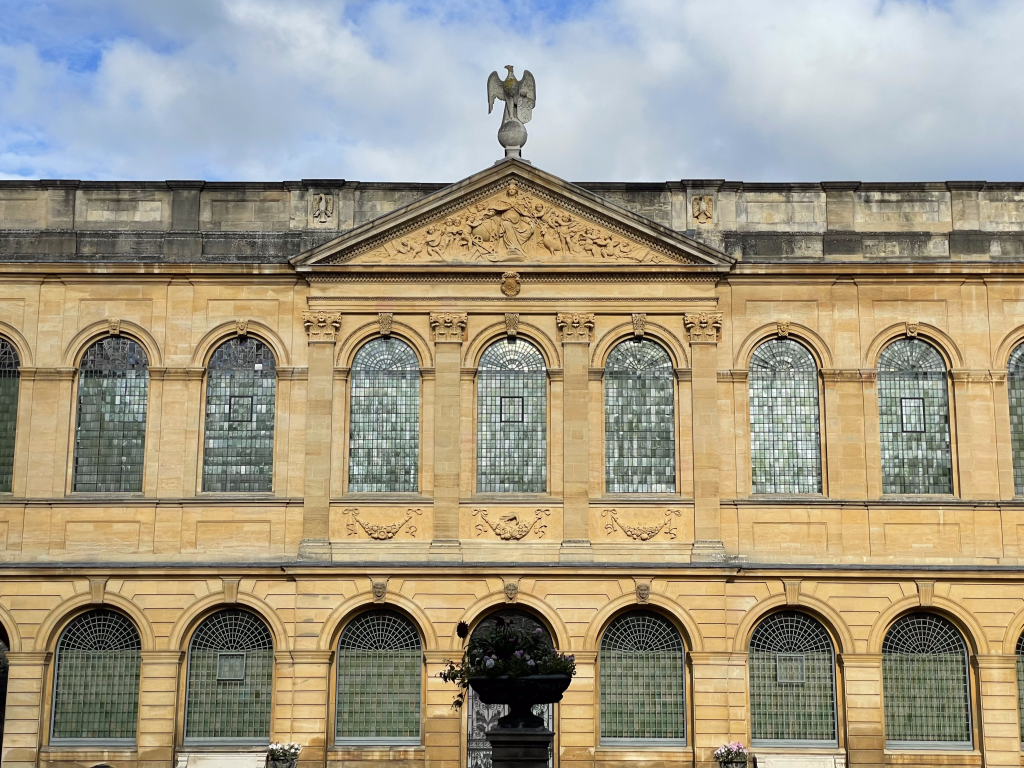
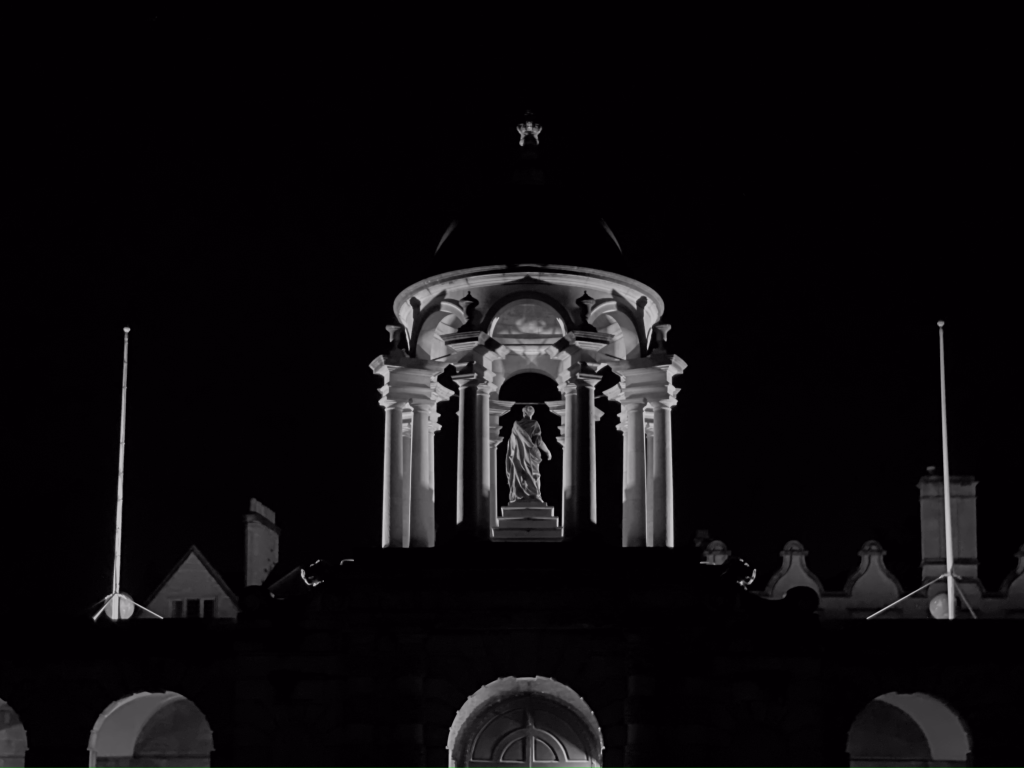
Seoul, South Korea
Miami, FL, USA
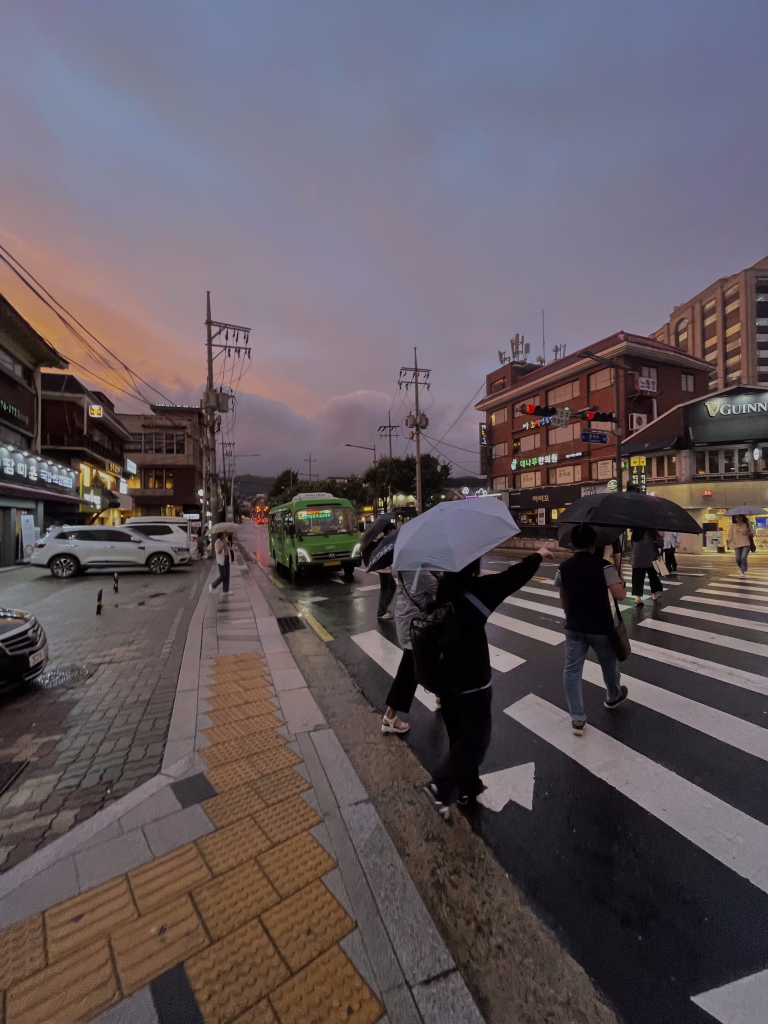
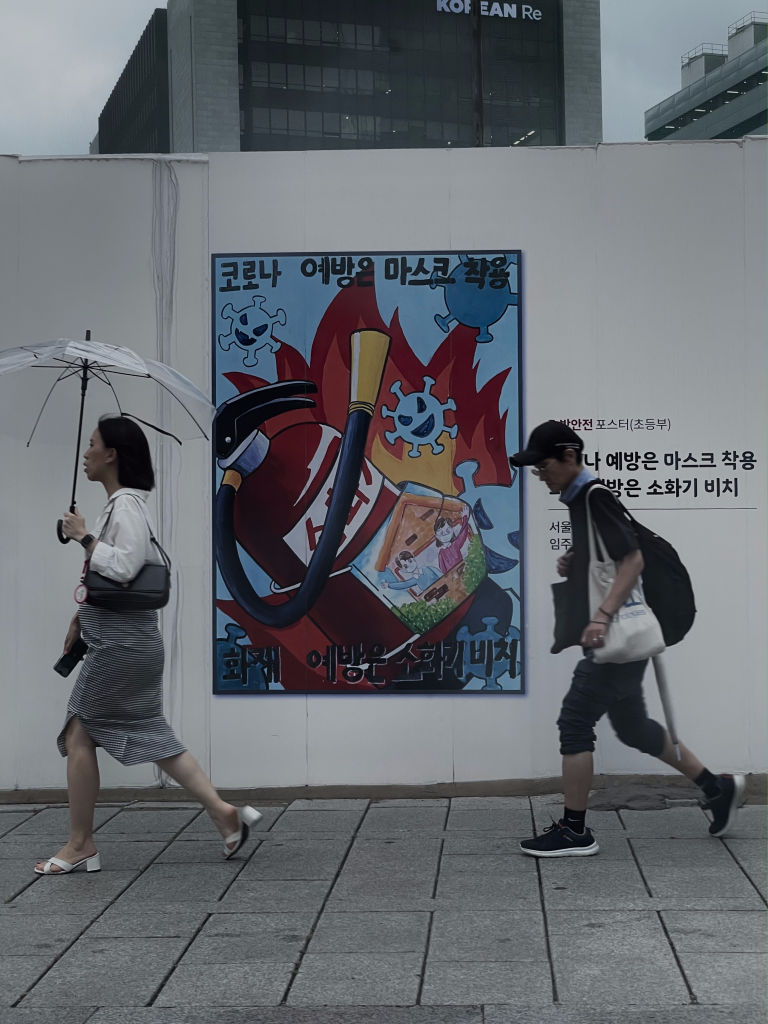
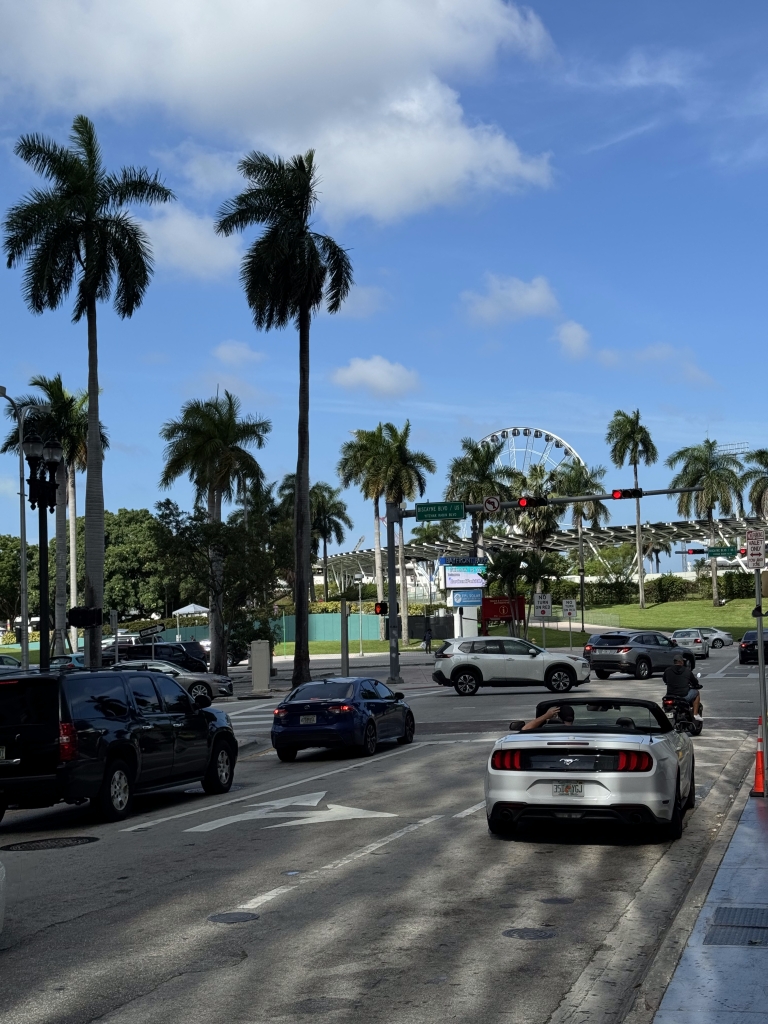
Lisbon, Portugal
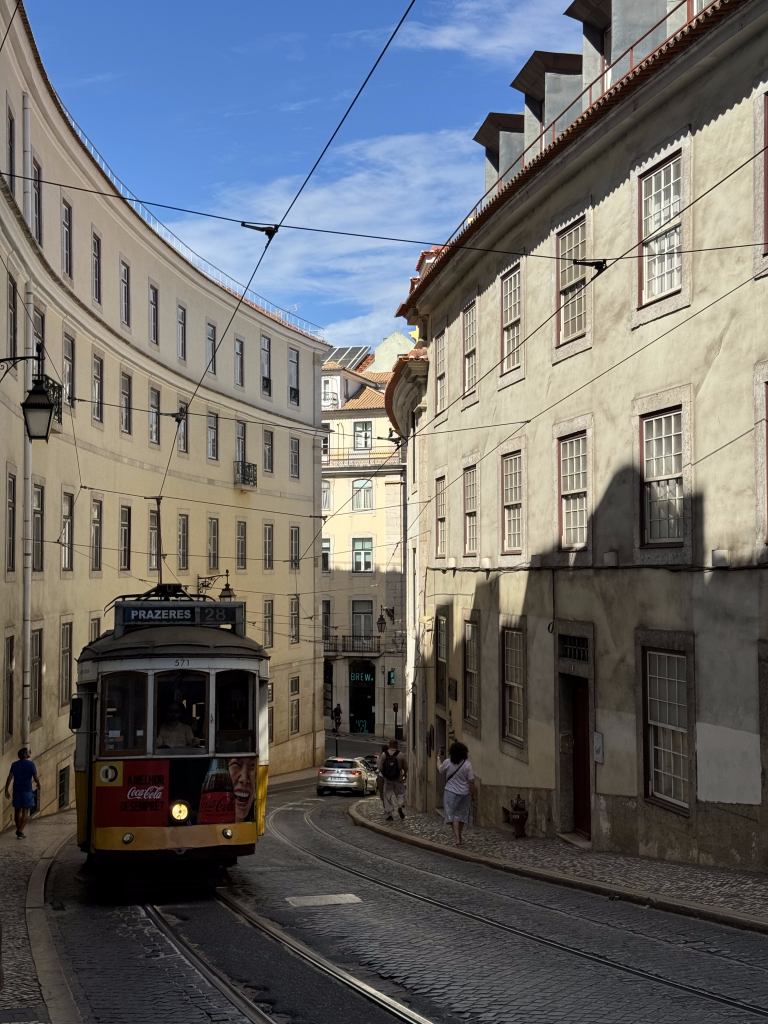
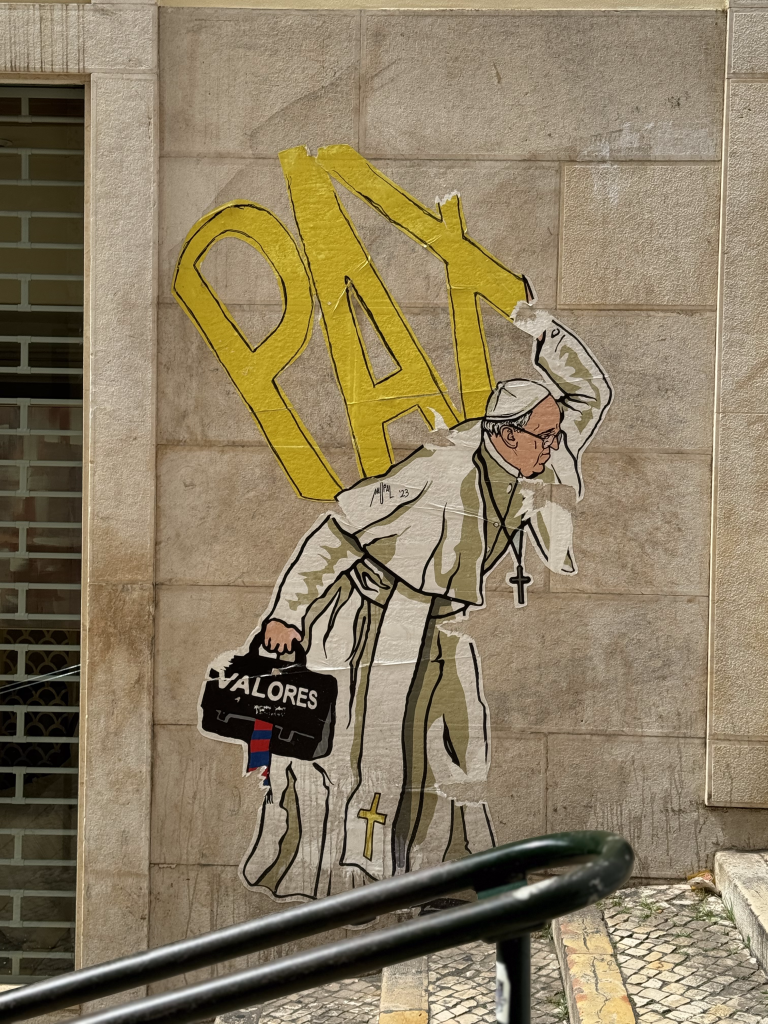
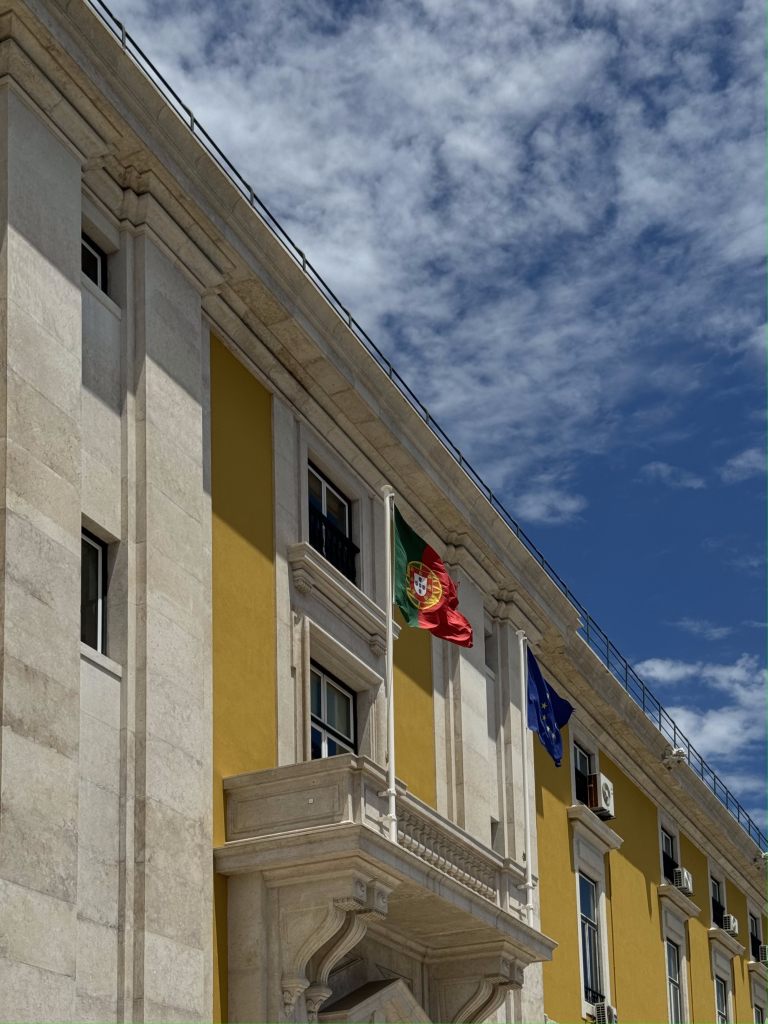
Barcelona, Spain
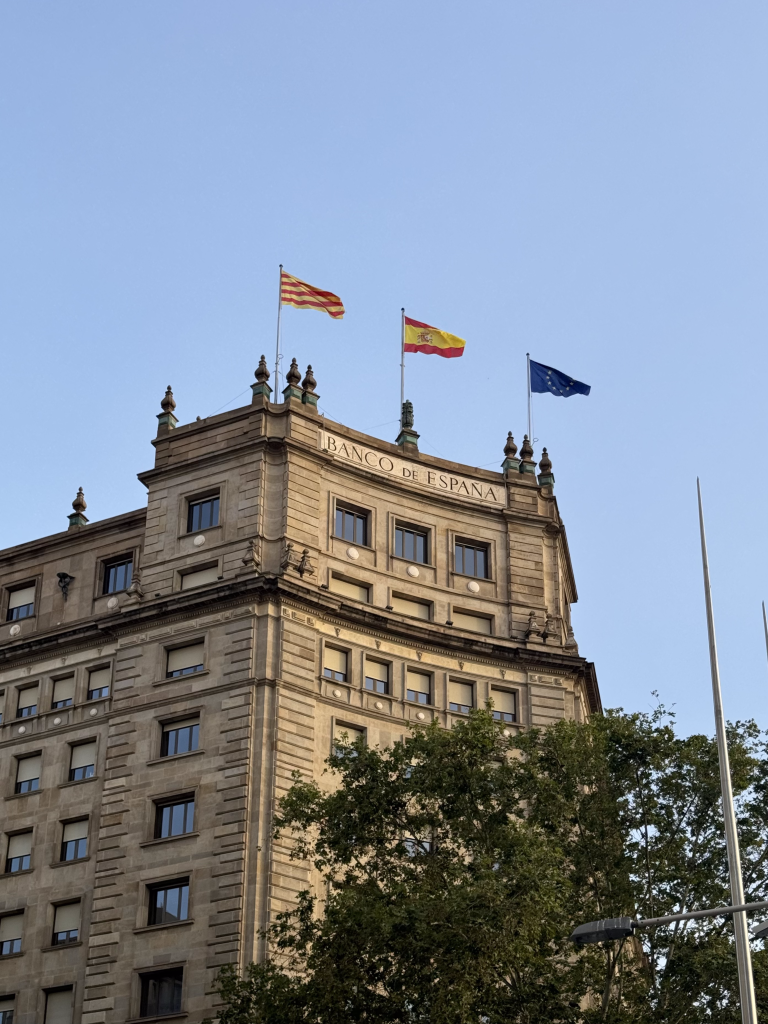

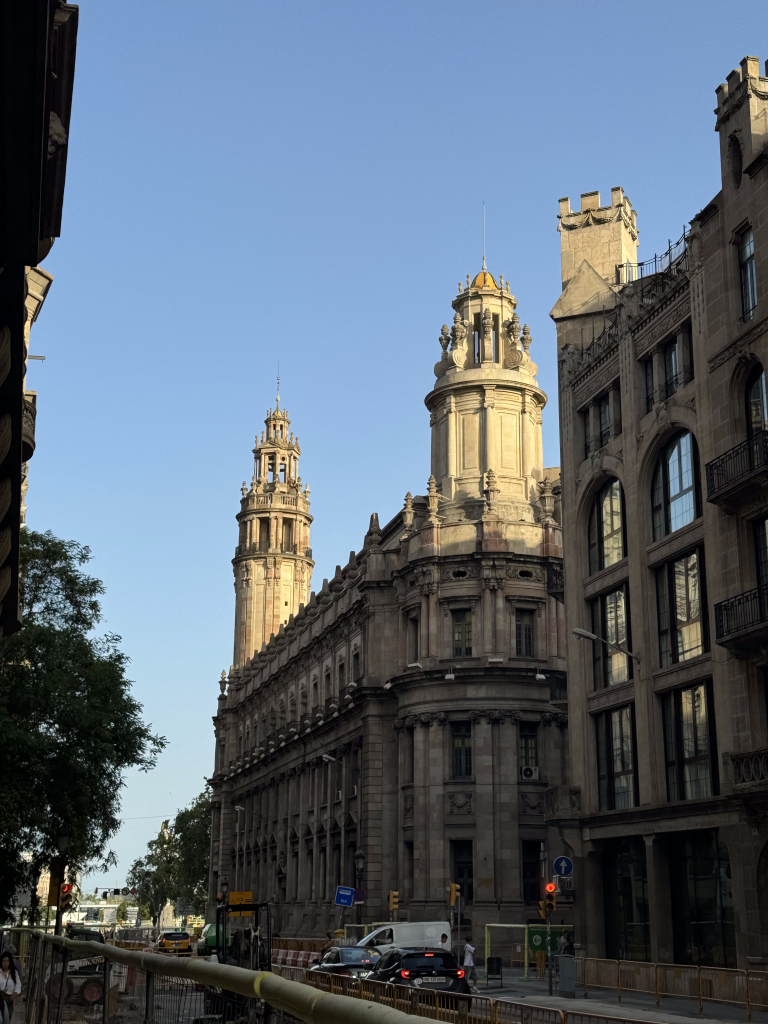
Nevsehir, Turkey



